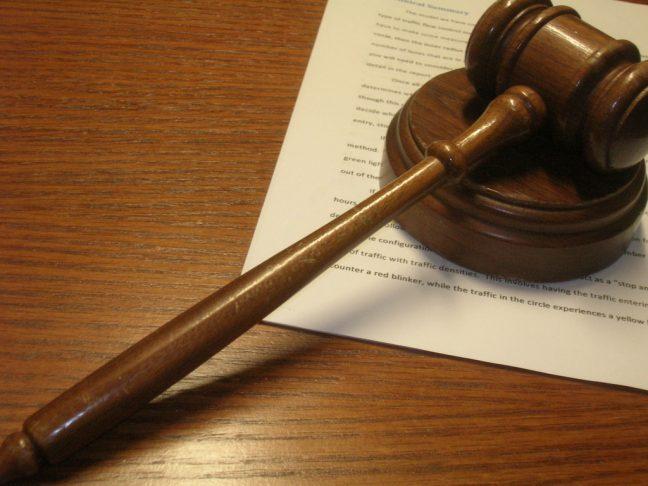The Wisconsin Transparency Project, a law firm specializing in enforcing Wisconsin’s open records laws, was launched in early September by a former Wisconsin Institute of Law and Liberty attorney.
The Wisconsin Transparency Project focuses on enhancing the precedents surrounding Wisconsin open records and meetings laws. Project founder Tom Kamenick said that Wisconsin’s open records laws allow the public to request and view virtually any government document.
But Kamenick said these vital laws are not enforced and are often violated.
“The law needs some help,” Kamenick said. “It is really well written, it is pretty strong, but it’s not enforced very much. It leaves it up to individuals to bring prosecuting action about, but that’s very hard to do.”
Kamenick said the history of open records laws in the U.S. date back to the Declaration of Independence with one of the grievances regarding public access to government records.
Kamenick added that Wisconsin cases started in the 1800s, with the most current law written in the 70s. Despite some exceptions, such as access to social security numbers or confidential informant information, Kamenick said the law is clear that all records should be accessible by the public.
During his eight years as an attorney at WILL, a conservative advocacy group, Kamenick said he dealt with many open records laws cases. He estimated he worked on over 100 cases dealing with the laws.
The more Kamenick dealt with the law, the more he realized the law was not being utilized properly. Kamenick left WILL to pursue greater enforcement of open records laws.
“At WILL, I couldn’t focus exclusively on open government like I wanted to,” Kamenick said. “So I decided to break off on my own to do the work here, and try to start making a difference in the state.”
Kamenick said that while attorneys have the power to enforce the laws, they often do not because of time and resource restrictions. By leaving the power to individuals, Kamenick said, the expense and accessibility of counsel means these cases go unlitigated.
Kamenick said the major enforcement issues have become ingrained into how custodians handle the cases, with custodians at the forefront of violating the law through delay of access, denial of records due to invalid reasons and demands for search terms. He said that with quick, aggressive litigation of cases, the precedents will strengthen, and the attitude of the custodians will shift.
“My working theory is that if we do this enough across the state, we start to change the culture of custodians,” Kamenick said. “I want to establish precedent in new areas because custodians are smart. They got city attorneys and local government attorneys who are telling them what the law says … that is kind of teaching them how to push the envelope.”
Journalist and editor of The Progressive magazine Bill Lueders spoke about the importance of Kamenick’s work. Lueders deals with open records laws regularly and said the litigation of these cases will ensure people get their day in court.
With the frequent violations and the lack of challenges to the violations, Leuders said greater litigation is the solution.
“If you win [cases], you create a greater likelihood of compliance in the future,” Lueders said. “People don’t like to lose cases. If they see that others are losing, they are going to be less likely to assert a sketchy reason for denying access to a record. Winning cases have a positive effect and makes others less likely to break the law.”
Kamenick said the three main groups he hopes to help are journalists, advocacy groups and ordinary citizens. While Lueders said journalists are most obviously impacted, he stressed the equal importance of citizens’ rights to have access to public records, which often goes ignored.
Kamenick said there is increased respect for journalists’ requests given their frequency and their leverage within the nature of their job.
“I’m looking to make custodians more honest in their dealings with the public,” Kamenick said. “I’m hoping to educate the public about what their rights are and what they can do with open records laws.”
Lueders said Kamenick’s law firm meets the needs of increased enforcement surrounding these laws, tackling the problems with cost and other factors that cause the laws to go unlitigated. He said Kamenick will take on cases demonstrating the classic miscarriages of the law and will be paid for his investments of time in the settlements allotted, making the litigation of the cases affordable for citizens.
Kamenick said one goal of the project is to ensure people have the power within the written law to utilize their watchdog role of government. Kamenick said he wants to help people regardless of the intent of the request, something that was not possible at WILL.
“I don’t care about the personal politics of the person making the request, the records they are requesting, or the person they are requesting the records from,” Kamenick said. “I will help anyone out.”


